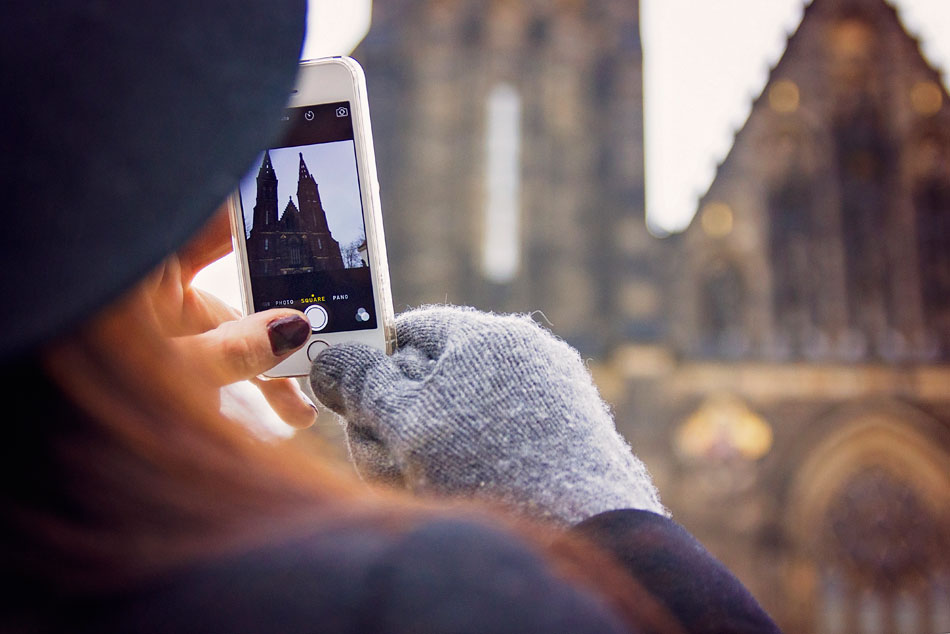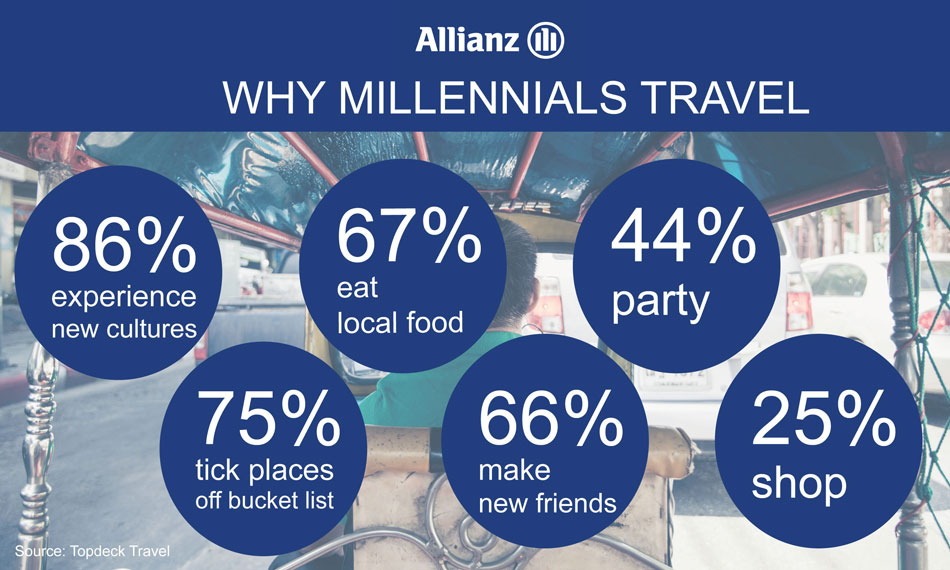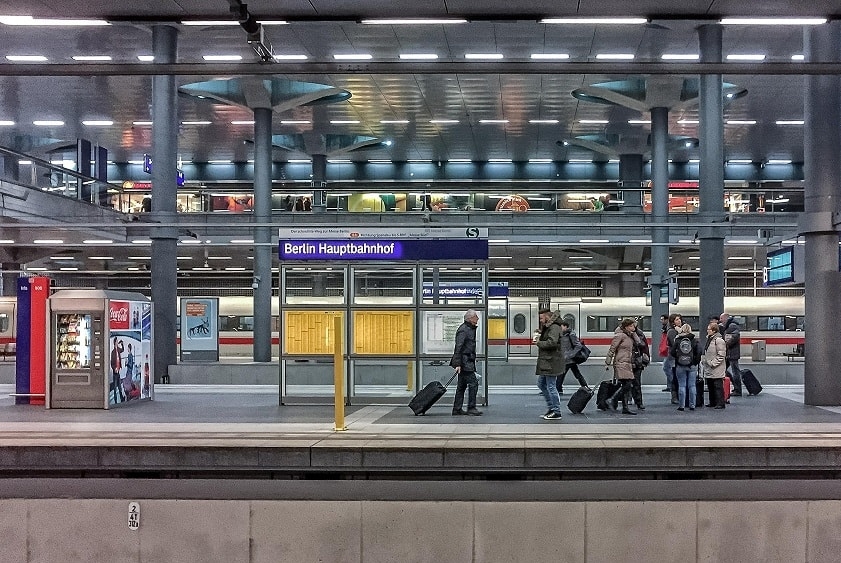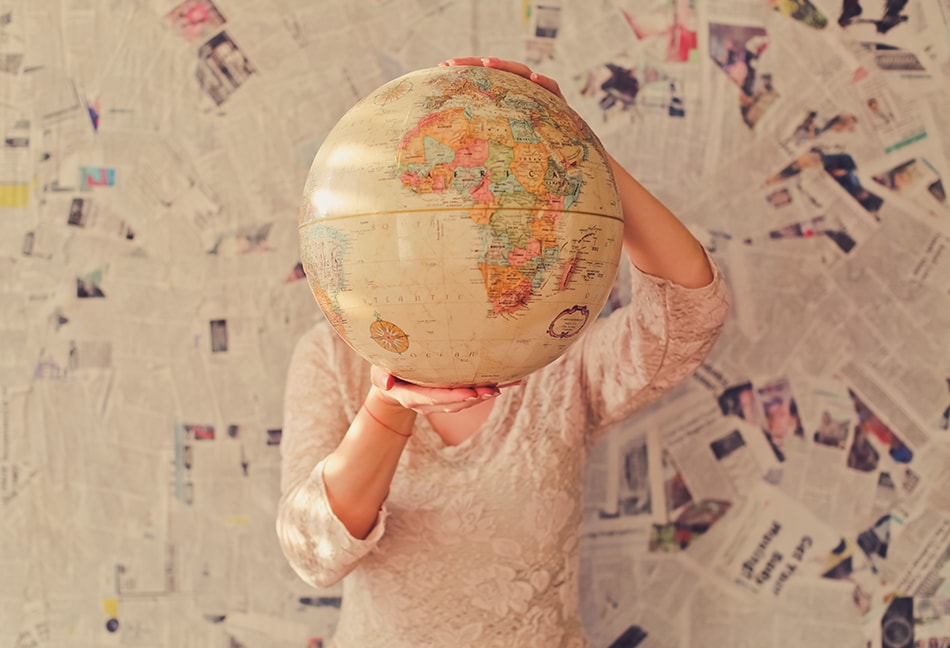Guide to modern travel

1. Experiences over traditional tours
Cookie-cutter tour packages are no longer going to cut it. Today, travellers prefer authentic experiences which immerse them in local cultures on a personal level. A survey on millennials, broadly referring to the generation born between 1982 and 2004, revealed that 85% preferred to experience new cultures while travelling and 67% wanted to taste local cuisines. Partying (44%) and shopping (28%) were not considered important.
Instead of mass tourism and standard guidebook destinations, people are interested in alternative tourism, places off the beaten track, hands-on experiences and local interaction. In Malaysia, travel platforms like LokaLocal, Local Usher and Withlocals have responded by providing experiential tours.
In the coming years, this is expected to widen the scope for unique, out-of-the-box travel itineraries which allow genuine interaction with culture such as workshops, outdoor activities and food trips.

2. Sustainable tourism
United Nations has declared 2017 as the International Year of Sustainable Tourism for Development, and it is easy to see why. News on climate change and rising ocean levels have sent tourists rushing towards endangered places such as Venice, the Great Barrier Reef in Australia and Antarctica.
2017 will witness the rise of sustainable tourism, which aims to improve the lives of the local community, promote cultural preservation and lead to environmental conservation. For travellers, their trip may turn out to be all the more meaningful.
3. Preference for sharing economy
4. Technological revolution
Living amidst a fast-changing digital landscape, it is not surprising that modern travellers heavily rely on technology when it comes to vacations. They are likely to share their pictures on Facebook, Instagram, Twitter or SnapChat. In fact, 52% of Facebook users say their friend’s photos inspire their holiday plans.
Mobile apps are quickly rising in popularity too. From 2011 to 2015, mobile bookings in travel grew by 1700%. There are plenty of handy apps for navigation (Waze, Citymapper, Google Maps), online reviews (TripAdvisor), translation (Google Translate, Duolingo, iTranslate), money management (Trail Wallet) and bookings (Skyscanner, Hostelworld, AirBNB).
This year, there will be more competition between companies as they come up with innovative methods to attract travellers, whether it is through increased social media campaigns or the creation of better apps. For digital-savvy wanderers, this can only be a good thing.
One trend remains the same
While travel trends may change continuously, one remains the same – the fact that things may not always go as planned. It is important to get the right travel insurance in case of accidents, travel delays, missed connections or other unforeseen mishaps along on your holiday.
Allianz Travel Care has 8 different plans for both overseas and domestic travel, which even covers medical and sports-related emergencies. For more information on finding the right policy, call 1-300-22-5542 or email to customer.service@allianz.com.my.
- https://www.cheatsheet.com/culture/activities-millennial-travelers-would-rather-do-than-party.html
- https://webbedfeet.com.au/influence-social-media-travel/
- https://fredericgonzalo.com/en/2016/04/12/16-stats-about-mobile-travel-in-2016/
- https://www.trekksoft.com/en/blog/travel-tourism-stats-2016
- https://www2.unwto.org/tourism4development2017







